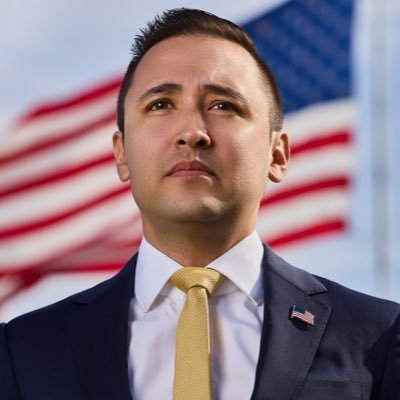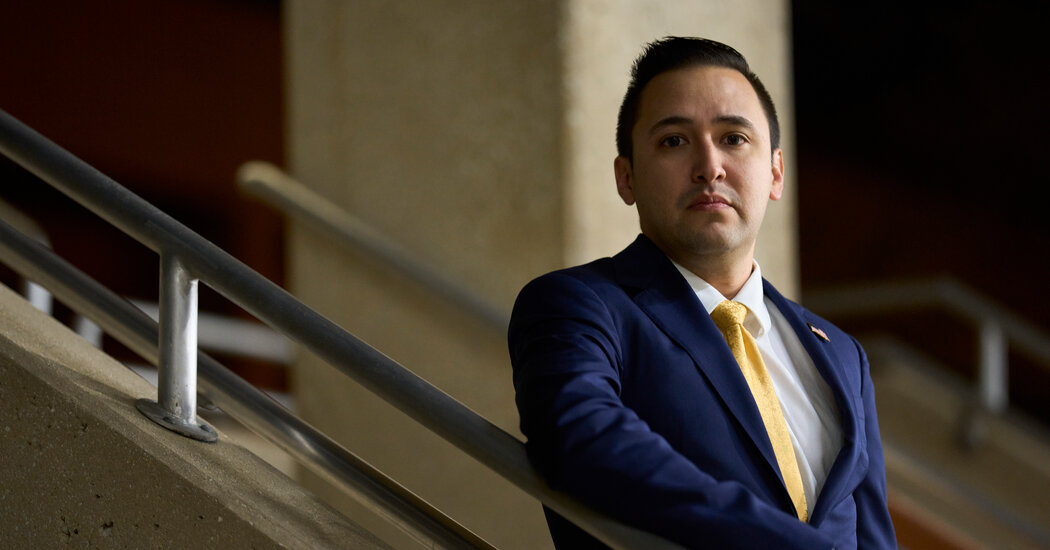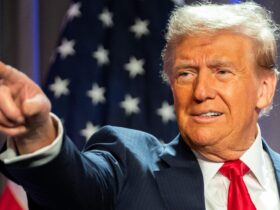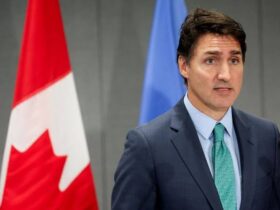
A Republican presidential candidate, John Anthony Castro, known for his long-shot bid and repeated but unsuccessful attempts to remove Donald J. Trump from the primary ballot, was arrested this week on federal charges related to preparing false tax returns for clients.
Facing 33 felony counts of aiding and assisting in the preparation and presentation of false and fraudulent tax returns, Castro could potentially face up to three years in prison for each count if convicted.
Court records indicate that an indictment against him was filed under seal on Jan. 3. On the same day, Anthony Castro appeared in a New Hampshire courtroom, representing himself without legal representation to challenge Trump’s eligibility.
Despite graduating from law school, Castro has never been licensed to practice law in any state. His presidential campaign, which raised a modest $678 as of September, has not posed a significant challenge to leading Republican candidates.
Anthony Castro, known for his numerous legal actions in 27 states, argues that Trump is ineligible for the presidency under Section 3 of the 14th Amendment. However, none of these lawsuits have gained substantial traction, with some judges questioning his standing and seriousness as a presidential candidate. A federal judge in Nevada recently dismissed one of Castro’s lawsuits, stating that he was “creating his own injury in order to manufacture standing.”
The federal charges against Castro involve allegations of preparing false tax returns for clients, promising higher tax refunds and claiming false deductions without their knowledge. In a phone interview, Castro claimed political persecution and retaliation by Trump appointees, stating that the charges were an attempt to disrupt his lawsuits against Trump.
The top federal prosecutor in the Northern District of Texas, Leigha Simonton, nominated by President Biden, did not directly address Castro’s claims but described his alleged crimes as “stunning in their brazenness.” Castro plans to hire a lawyer for his defense and is scheduled for arraignment next week.
Despite Castro’s unsuccessful attempts, other challenges to Trump’s candidacy have arisen, with the Colorado Supreme Court and Maine’s secretary of state finding him ineligible based on the 14th Amendment. These decisions are under appeal, with the U.S. Supreme Court scheduled to hear oral arguments next month.
Formal challenges to Trump’s candidacy have been filed in at least 34 states, with 19 cases remaining unresolved. The Trump campaign has criticized these attempts as partisan, unconstitutional, and antidemocratic.








Leave a Reply